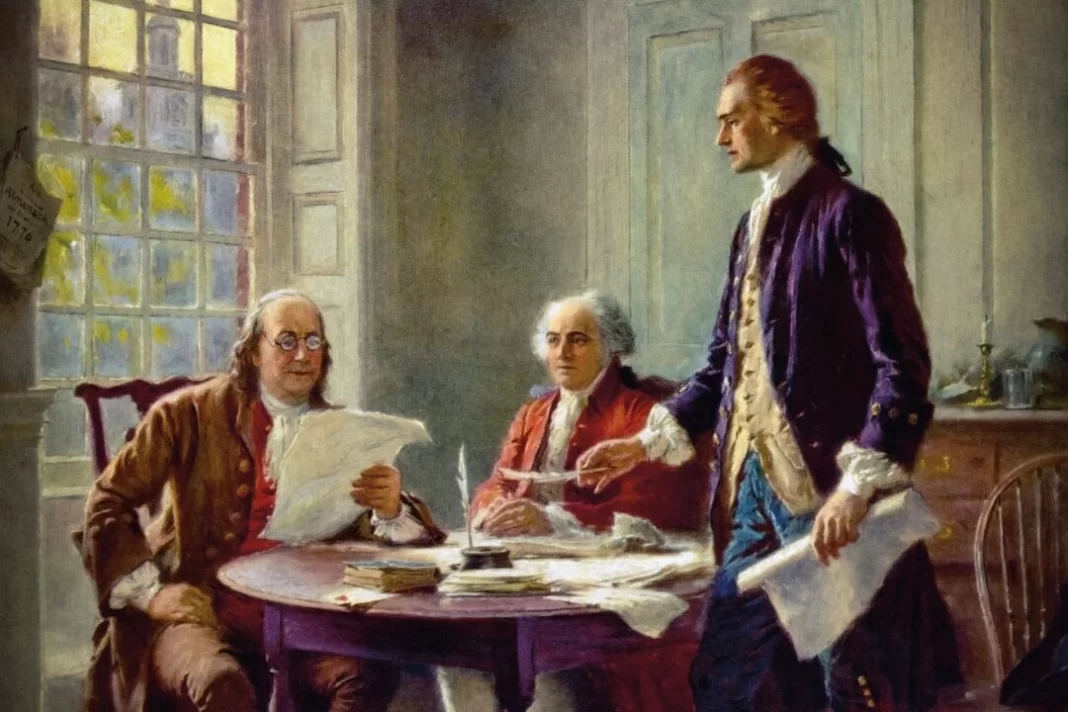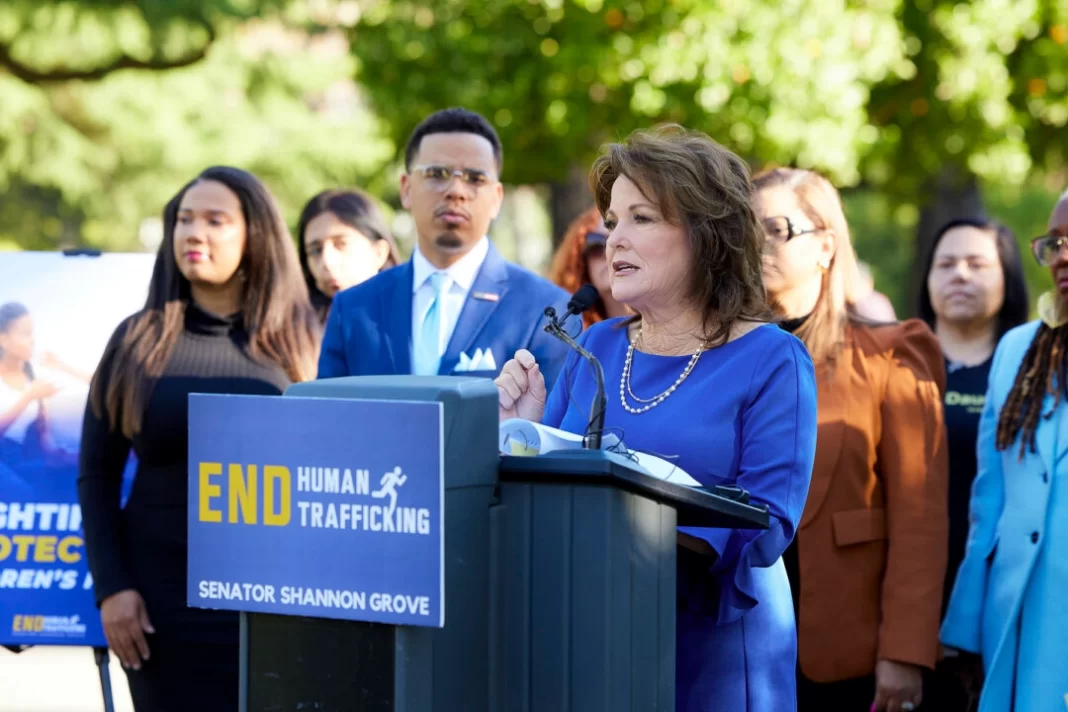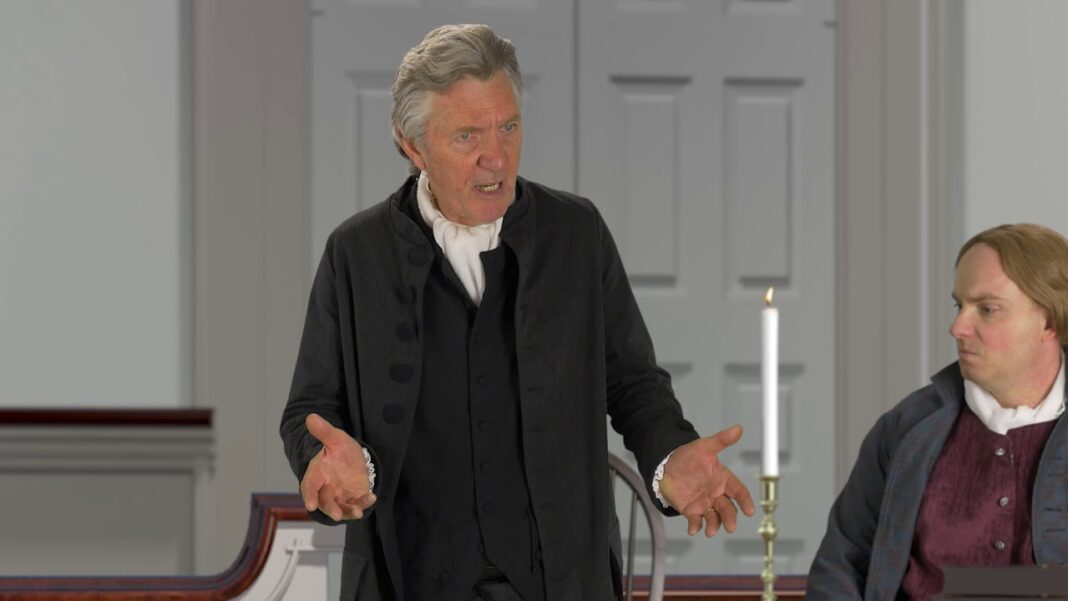Delayed until July 2, the vote for independence from England needed to be unanimous. Would all the colonies agree to it?
After fighting at Lexington and Concord, the colonial forces followed the British back to Boston, and kept them bottled up there. George Washington arrived to take command of the musket-toting farmers, woodsmen, and merchants. The British navy was powerless to help since winter weather had moved into colonial frozen harbors. But in March of 1776, the English sailed for New York to reinforce their troops.
At the same time, talk about cutting all ties with England grew in the colonies. Massachusetts was the first to pass a resolution for independence. In April, North Carolina took the same bold step, followed by Rhode Island, then Virginia. The idea of independence rapidly gained momentum. Only New York and Pennsylvania remained opposed.
Finally, on June 7, Richard Henry Lee of Virginia asked for a Congressional vote on an independence resolution that stated “That these United Colonies are, and of right ought to be, free and independent States, that they are absolved from all allegiance to the British Crown, and that all political connections between them and the State of Great Britain is, and ought to be, totally dissolved.”
A simple majority of “yes” votes, however, was not enough. The decision had to be unanimous. If some colonies voted “yes” while others voted “no,” England could divide and conquer, making defeat certain.
Voting was delayed until July 2, 1776. During the weeks of waiting, Congress appointed a committee of five to prepare a declaration detailing the reason for a break with England. It was to be a formal statement, making clear to all men and governments that the colonial quarrel with England was much bigger than a tax dispute. It was a matter of who had the right to rule whom.
A Formal Declaration
For hundreds of years, kings, pharaohs, and emperors were thought to be the source of rights. Few dared to question that idea. Now the American colonies said: “Step aside. We have rights by birth, not by decrees. Independence and nationhood are God-given, not government-given.”
The five-man committee appointed to prepare a formal Declaration of Independence asked Thomas Jefferson of Virginia to do the writing. The tall, freckled, sandy-haired Jefferson had few equals with pen and paper. A writer he was but a speaker he was not. In fact, he hadn’t attempted a single speech during his year in Congress.
While Jefferson searched for the exact words, men like John Adams and his cousin Samuel, hammered home the idea of independence to undecided delegates, particularly those from Pennsylvania, New York, and South Carolina.








